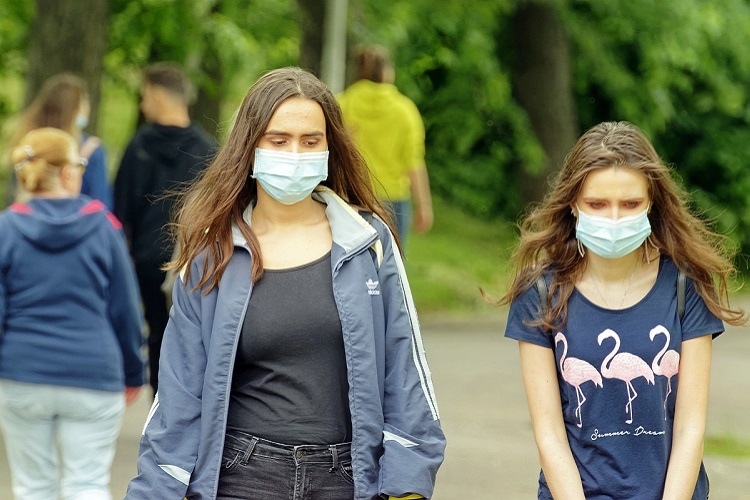We were previously awarded funding from the Elizabeth Blackwell Institute (EBI) rapid research call to carry out a qualitative research study to understand young people’s experiences during the coronavirus pandemic. Recruitment was facilitated online and a blog summarising the study findings are available here. Preliminary findings from a predominantly middle class cohort indicated variation in how young people were provided, and able to engage with, learning at home. Young people in the study also experienced significant disruption to their social networks.
Youth organisations frequently engage with vulnerable young people who may not regularly attend school or have behavioural issues, who are at risk of being not in education, employment or training. Youth organisations have been unable to deliver their usual model of care during lockdown. Building on our previous findings, we wish to capture how youth organisations were able to support vulnerable young people during the pandemic.

Study timeline
- July 2020: Application for ethical approvals submitted
- August 2020: Confirmation of participation by three youth organisations
- October to November 2020: Interviews conducted with staff members and young people
- November to December 2020: Data analysis using thematic analysis and early results
- January 2021: Report writing and dissemination of study findings
Results
We recruited three youth organisations in Bristol that provide services to young people aged 12 to 18 who may be at risk of not being in education, education or training.
We undertook interviews (either face-to-face or digitally) with seven youth organisation staff members or volunteers and 20 young people who access their services.
We hope to be able to share more detailed results shortly.
Funder
This project was funded by the Elizabeth Blackwell Institute for Health Research at the University of Bristol.